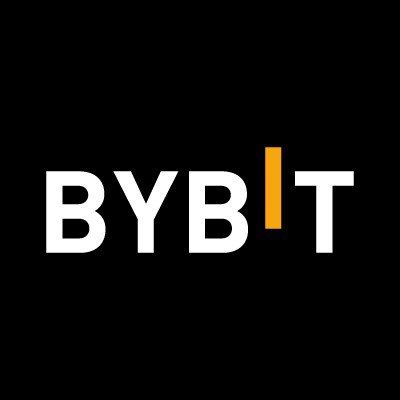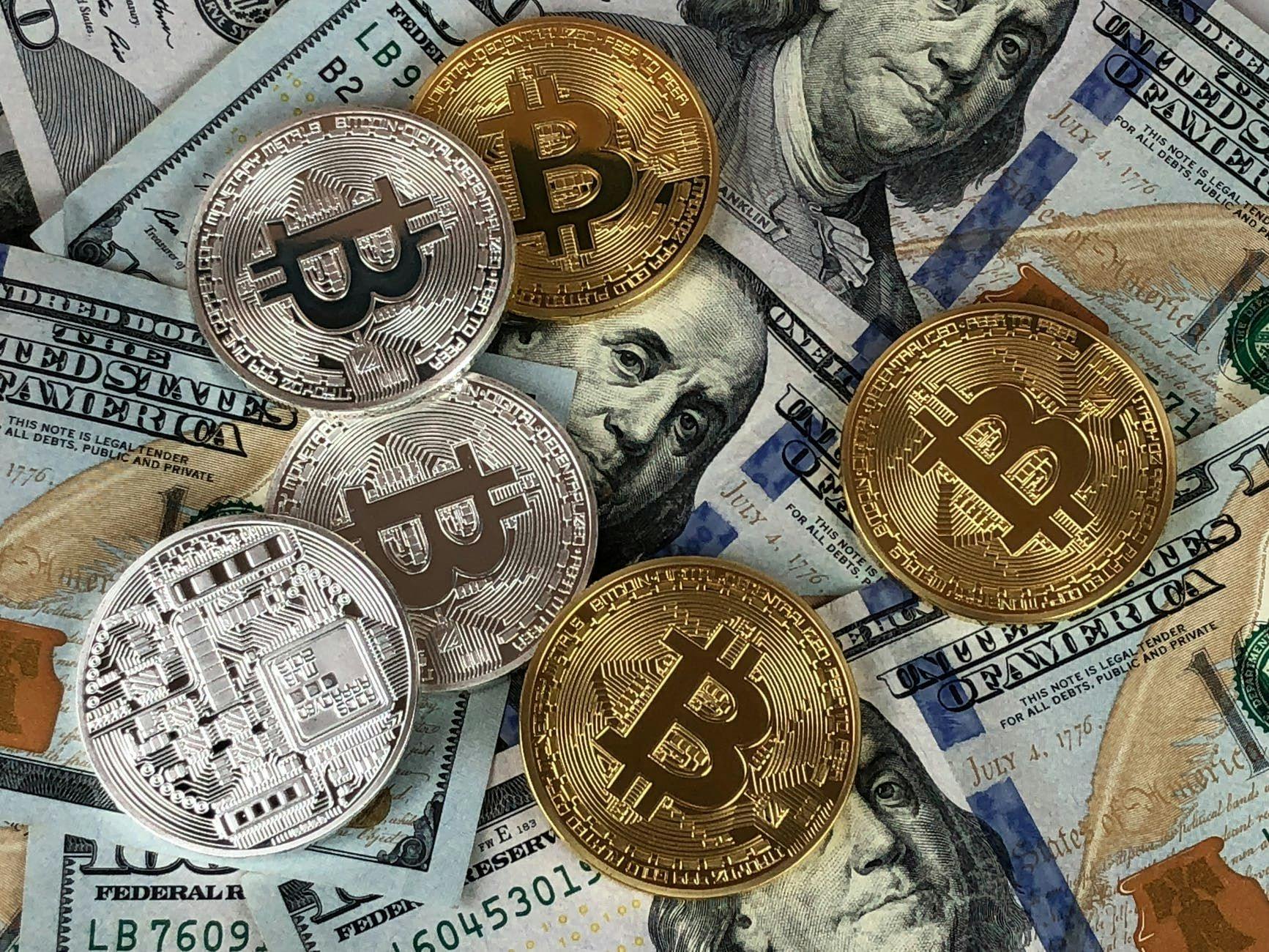132 reads
Getting the Lingo Right: 10 Most-Relevant Crypto Abbreviations & Keywords to Know
by
December 3rd, 2021
Audio Presented by

Bybit, a crypto exchange, offers an ultra-fast matching engine across Spot, F&O, launchpads, earn products, NFTs & more.
About Author
Bybit, a crypto exchange, offers an ultra-fast matching engine across Spot, F&O, launchpads, earn products, NFTs & more.
